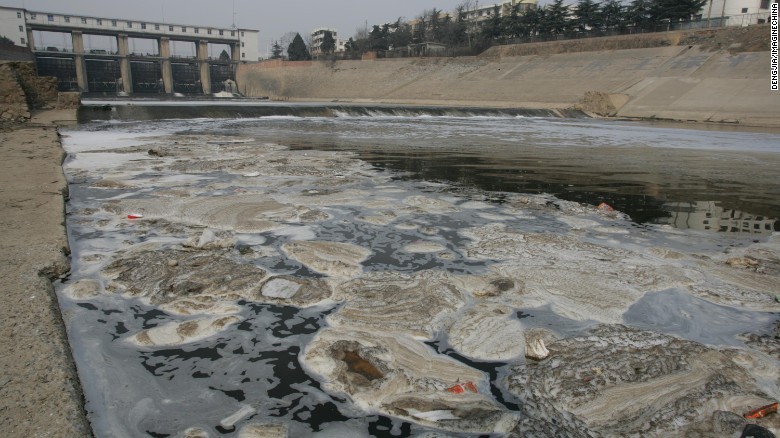By Sarah Lafen
Impunity Watch Desk Reporter, Europe
BERLIN, Germany — Thomas De Maiziere, German interior minister announced last week that it will no longer tolerate “foreign espionage” within its country. The announcement was made following reports that Turkish secret services were spying on supporters of the Gulen movement within Germany.
The Gulen movement originated with Fethullah Gulen, a U.S.-based Muslim cleric who has a large following in Turkey and is accused of orchestrating the coup in Turkey last July.
At a security conference in February, Hakan Finda, head of Turkey’s intelligence service MIT, allegedly gave a list of 300 people and 200 organizations that are suspected to be involved in opposition movements to his German counterpart Bruno Kahl. The list reportedly includes surveillance photos taken by hidden cameras, and personal data. Finda’s apparent goal in handing over the list was to convince German authorities to assist Turkey’s efforts of surveilling these individuals.
De Maiziere affirmed that Germany has “repeatedly told Turkey that something like this is unacceptable.” He also noted that despite any amount of evidence that Turkey might have on the Gulen movement, “German jurisdiction applies and citizens will not be spied on by foreign countries.”
The espionage claims further the strain in the relationship between Germany and Turkey, who are Nato allies and have had recent disputes regarding human rights issues. Boris Pistorius, interior minister of the German state Lower Saxony, called the Turkish espionage “intolerable and unacceptable” and publicly deplored the “intensity and ruthlessness” of Turkey’s attempt to spy on Turks living in foreign countries.
A spokesperson for the Federal Prosecutor’s Office in Germany confirmed that they have launched an investigation against an “unnamed entity on suspicion of espionage.” The spokesperson declined to comment on which specific entity was being investigated, however federal prosecutors will be looking into how Turkey compiled such detailed information on the people on their list.
This Turkish espionage effort is not the first that Germany has seen. In February, German police raided the homes of four Turks who were suspected of spying on alleged Gulen supporters on behalf of Erdogan’s government.
Germany’s foreign secret service has not yet commented on the situation.
For more information, please see:
BBC — Turkey ‘Spied’ on Pro-Gulen Opponents in Germany — 28 March 2017
Daily Mail — Germany Opens New Probe into Suspected Turkish Spying — 28 March 2017
The Guardian — Germany to Investigate Claims of ‘Intolerable’ Spying by Turkey — 28 March 2017

